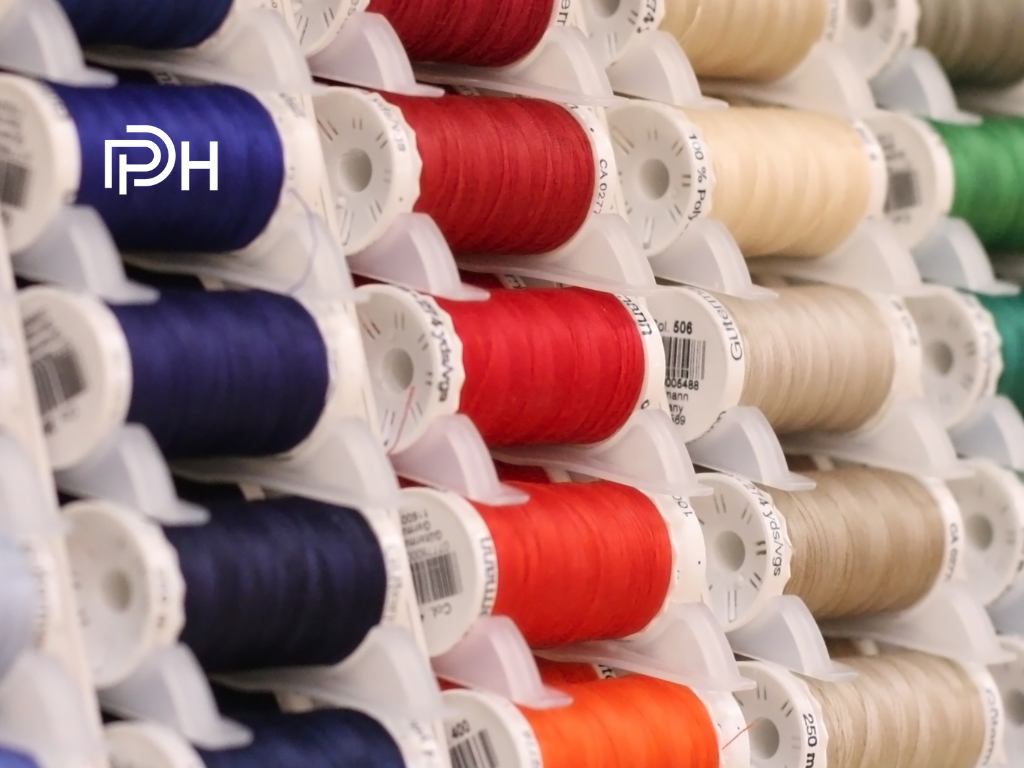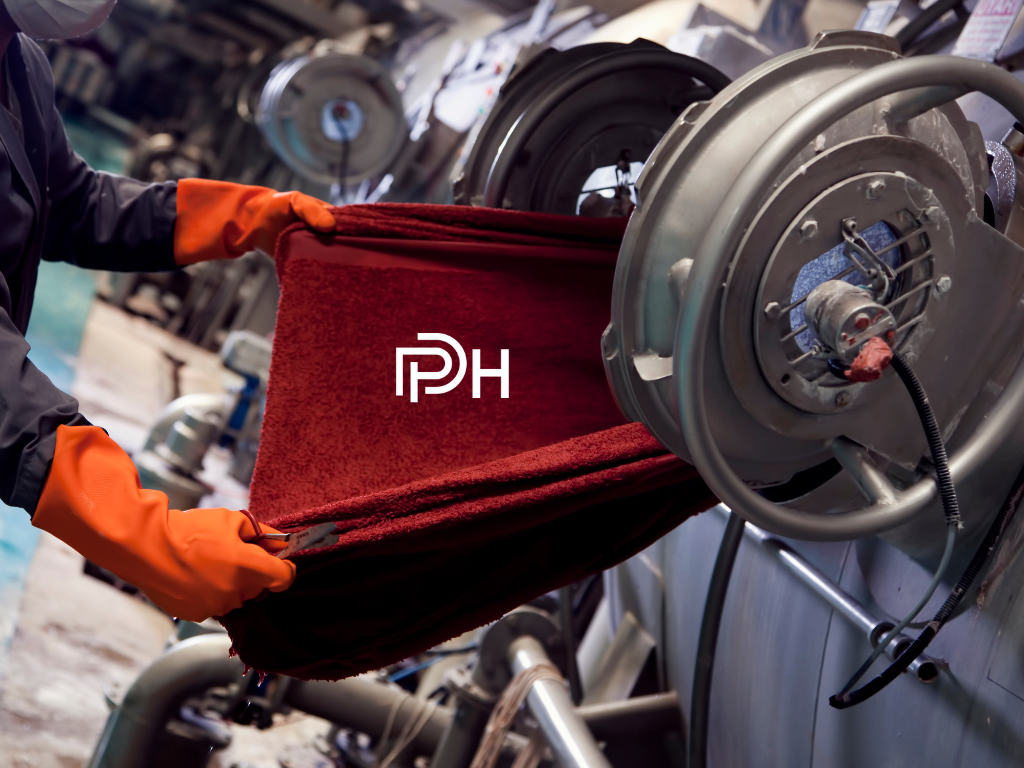Most people don’t realise what goes into making their everyday clothes. Many synthetic fabrics and even some cotton items are treated with harsh chemicals. These can include dyes, bleaches, formaldehyde, and plastic-based finishes. These chemicals might not be visible, but they sit right next to your skin. Over time, they can cause irritation, dryness, or allergic reactions — especially for people with sensitive skin.
The Rise of Skin-Safe Alternatives
That’s where environmentally friendly textiles come in. More people are now looking for options that are gentler on both the body and the planet. These textiles are made using natural or low-impact processes that leave out the harsh stuff.
Choosing environmentally friendly fabric means wearing clothing that’s free from harmful chemicals and kinder to your skin. Plus, they often feel more breathable and natural from the first wear.
How environmentally friendly fabric Feels Different on the Skin
You can usually tell the difference right away. Clothes made with environmentally friendly fabric tend to feel smoother, softer, and lighter. They also let your skin breathe, which is especially helpful in Australia’s warmer weather.
These fabrics help your skin in a few important ways:
- Better airflow keeps skin cool and dry
- Less static reduces skin irritation
- No harsh coatings that cause redness or itching
- No strong chemical smell that lingers after washing
Whether you’re wearing a basic tee or a soft hoodie, switching to sustainable textile materials makes clothing more comfortable for everyday life.
hemp material fabric and Other Skin-Friendly Choices

Why hemp material fabric Is Naturally Gentle
One standout option is hemp material fabric. Hemp is a strong, breathable fibre that softens over time. It naturally resists bacteria, which is great for keeping skin clean and calm.
Hemp is also less likely to trap moisture or heat, making it a great choice for people with skin sensitivities. It’s especially good for:
- Hot, humid climates
- Activewear
- Everyday basics like shirts and singlets
- Baby clothing and skin-sensitive wear
Hemp doesn’t need as many chemicals to grow or process, which is another win for skin health and the sustainability of fabrics.
Other sustainable textile materials to Know
Hemp isn’t the only option. There are several types of sustainable textile materials that are soft, breathable, and safe for skin.
Popular skin-safe fabrics include:
- Organic cotton – grown without toxic sprays
- Bamboo fabric – naturally soft and moisture-wicking
- Linen – great for warm weather and hypoallergenic
- TENCEL™ (lyocell) – smooth and cool on the skin
Each one supports the sustainability of fabrics while offering real comfort.
What Skin Types Benefit Most From environmentally friendly textiles
Not all skin reacts the same way to fabric. Some people may wear synthetic blends with no issue, while others get itchy or uncomfortable within minutes. If you have sensitive skin, allergies, or conditions like eczema, choosing environmentally friendly textiles can make a real difference. These fabrics avoid harsh dyes and toxic finishes, which are often the cause of skin flare-ups.
People who may benefit most from switching include:
- Those with dry or sensitive skin
- Babies and children
- Allergy sufferers
- People prone to rashes or eczema
- Anyone seeking breathable, irritation-free fabrics
Making the switch to sustainable textile materials is a simple way to stay comfortable while being kind to your body.
The Link Between sustainability of fabrics and Health
Less Processing, More Comfort
Fast fashion relies on chemicals to make fabric look smooth, stretch more, or resist wrinkles. But many of those chemicals can linger in the fibres and cause skin problems — especially when you sweat or wear clothing for long hours.
By choosing environmentally friendly fabric, you avoid many of these irritants. These materials are often grown, spun, and dyed using safer, natural methods. The result? Fewer skin reactions, less dryness, and clothing that simply feels better.
Caring for Your Skin and the Planet
It’s not just your body that benefits — it’s the planet too. The sustainability of fabrics is all about reducing waste, using less water, and choosing safe dyes. Every eco-friendly garment helps move the industry in a better direction. And when you support companies using sustainable textile materials, you also help limit pollution and protect waterways from toxic runoff.
Skin-Safe Choices in custom clothing production
As more people look for eco-friendly clothing that feels good and fits well, there’s growing interest in custom clothing production. This gives you control over fabric, fit, and finish. At Print Holdings, we offer custom garments using a range of environmentally friendly textiles — including hemp material fabric, organic cotton, and recycled blends. Whether you’re designing clothing for your brand, team, or event, you can choose skin-safe fabrics that match your values.
Working with a local company like Print Holdings also means:
- Shorter supply chains
- Lower emissions
- More transparency in how your clothes are made
- Personalised support and advice
It’s a smart way to combine comfort, sustainability, and great design.
Final Thoughts: Feel Good in What You Wear

Soft, Safe, and Sustainable
There’s no need to choose between looking good and feeling good. With environmentally friendly textiles, you get both. These fabrics are soft on your skin, safe for everyday wear, and better for the environment. By switching to hemp material fabric or other sustainable textile materials, you reduce your exposure to harsh chemicals and enjoy greater comfort all day long.
Start Small, Switch Smart
Even adding a few environmentally friendly fabric pieces to your wardrobe can make a real difference. Start with everyday basics, activewear, or custom shirts made with help from a trusted local partner like Print Holdings. Better for your skin. Better for the planet. And a smarter way to wear your values.
